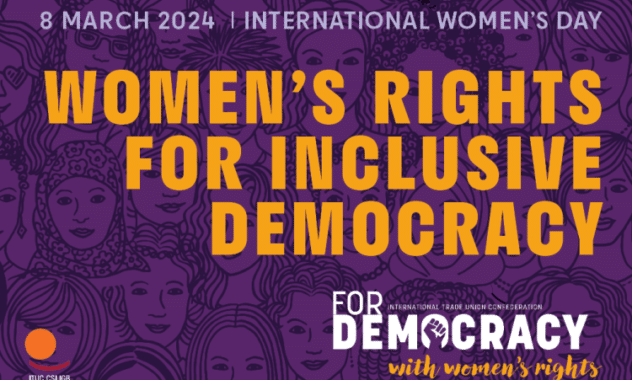UK “unique in its light-touch approach” to gender pay gap
The UK was the only one of ten countries studied that did not require any employer to act on their gender pay gap.

New research has highlighted a significant disparity between the approaches of developed countries when it comes to narrowing the gender pay gap, and the UK appeared to be taking the issue the least seriously.
The report, compiled by the Fawcett Society and the Global Institute for Women’s Leadership at King’s College London, compared the policies of Austria, Australia, Belgium, Finland, France, Germany, Iceland, Spain, Sweden and the UK.
It concluded that the UK is “unique in its light-touch approach” to employers.
Like the UK, all countries among the ten compared ask bosses to report on their gender pay gaps. But only the UK does not require any organisation to submit an action plan for how they will tackle the gender pay gaps they identify.
The situation is slightly improved in Wales, where public sector bodies have a duty to publish an action plan, and to consult with trade unions in the preparation of that plan.
The researchers also identified a need to include more employers in the requirement to report on their gender pay gaps. Currently the law only applies to those who have a workforce of 250 or more.
“Lowering the minimum employee threshold for gender pay gap reporting would also enable us to get a more complete picture of how women are managing through the current economic disruption,” Laura Jones, Research Associate at the Global Institute for Women’s Leadership at King’s College London, said.
She added that the findings from other countries show that this need not be “an extra burden for smaller employers”. Indeed, the UK threshold is five times higher than the median average of the countries studied (50 workers). In Sweden all businesses with 10 or more workers must submit a report.
While the UK led the way internationally in terms of transparency – with all gender pay gap reports being made public – it could go further by giving women the right to know male comparators’ pay in order to ensure they are not being discriminated against, the researchers said.
The report also called on the government to require employers to analyse their ethnicity pay gaps.







